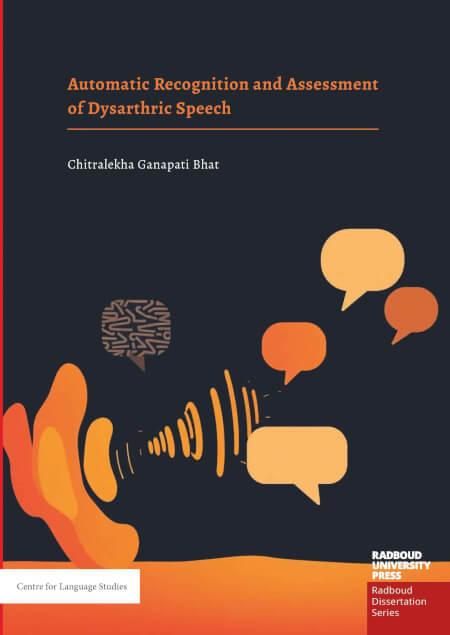Automatic Recognition and Assessment of Dysarthric Speech
Keywords:
Dysarthria, Automatic Speech Recognition, Automatic Intelligibility Assessment, Artificial Intelligence, Speech Disorders, Assistive TechnologySynopsis
This research focuses on the automatic recognition and assessment of dysarthric speech, a critical area for individuals with speech impairments resulting from neurological conditions. The study explores advanced speech processing techniques, including deep learning models, autoencoder-based speech enhancement, and speaker adaptation approaches, to improve dysarthric speech recognition and intelligibility assessment. By leveraging both dysarthric and healthy speech corpora, the research enhances automatic speech recognition (ASR) accuracy, enabling more effective communication support for individuals with dysarthria.
The societal impact of this work is significant. Automatic intelligibility assessment can assist speech therapists in tracking the progression of speech disorders and tailoring therapy plans, leading to improved rehabilitation outcomes. Enhanced ASR systems can also empower individuals with dysarthria by facilitating better communication in everyday interactions, reducing social isolation, and improving access to education and employment. This research contributes to the broader goal of inclusive technology, ensuring speech-impaired individuals can interact effectively with digital and human communication interfaces.

Published
Series
Categories
License

This work is licensed under a Creative Commons Attribution-NonCommercial-NoDerivatives 4.0 International License.

